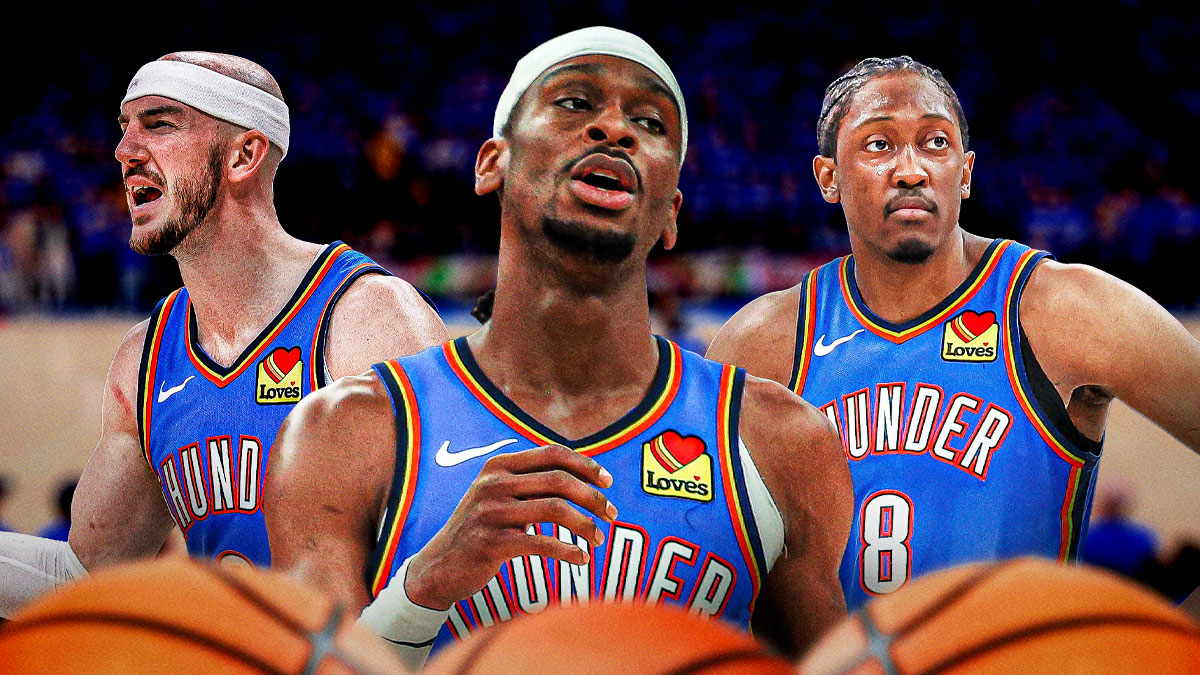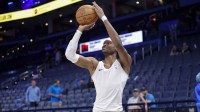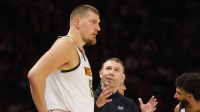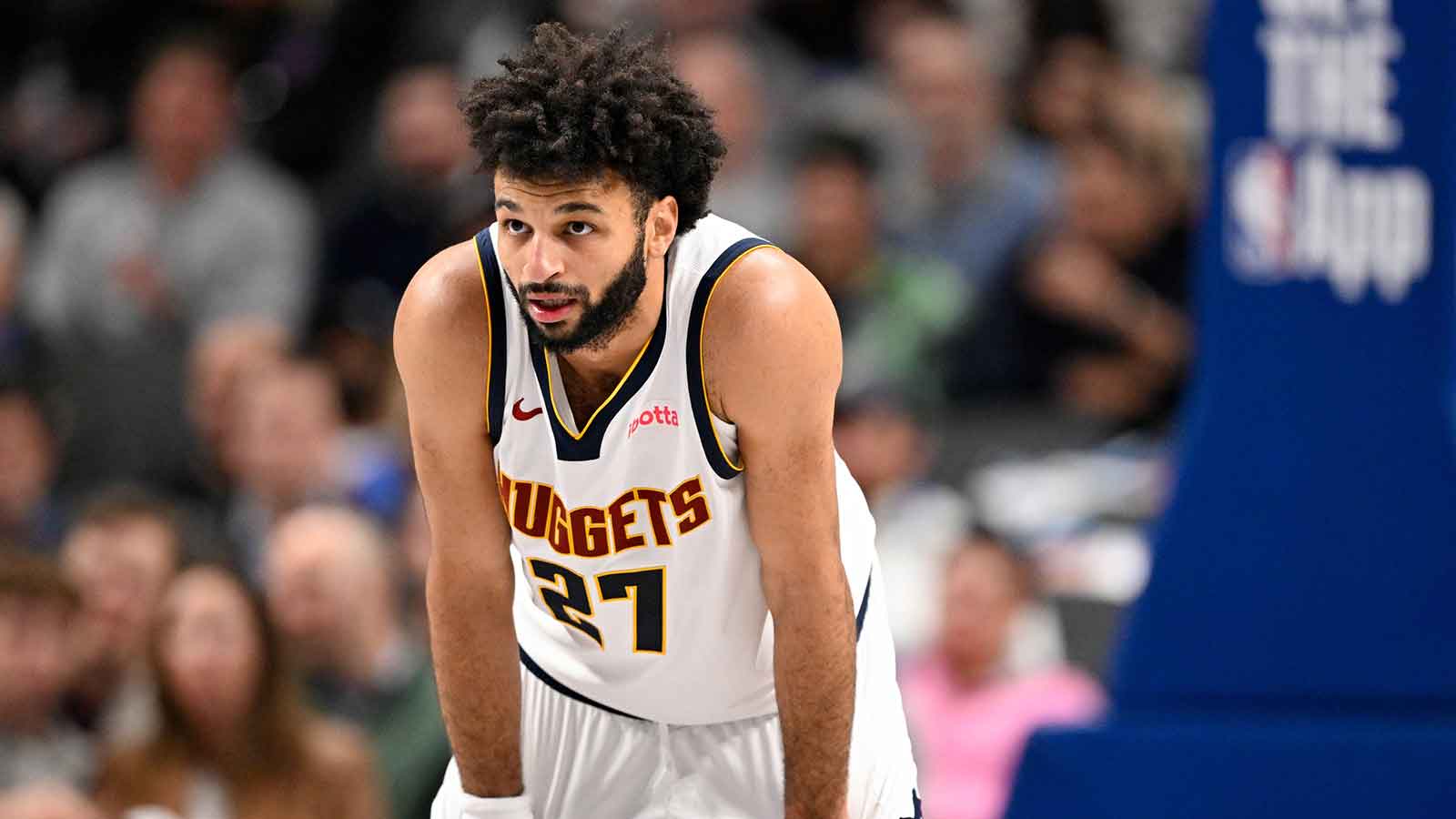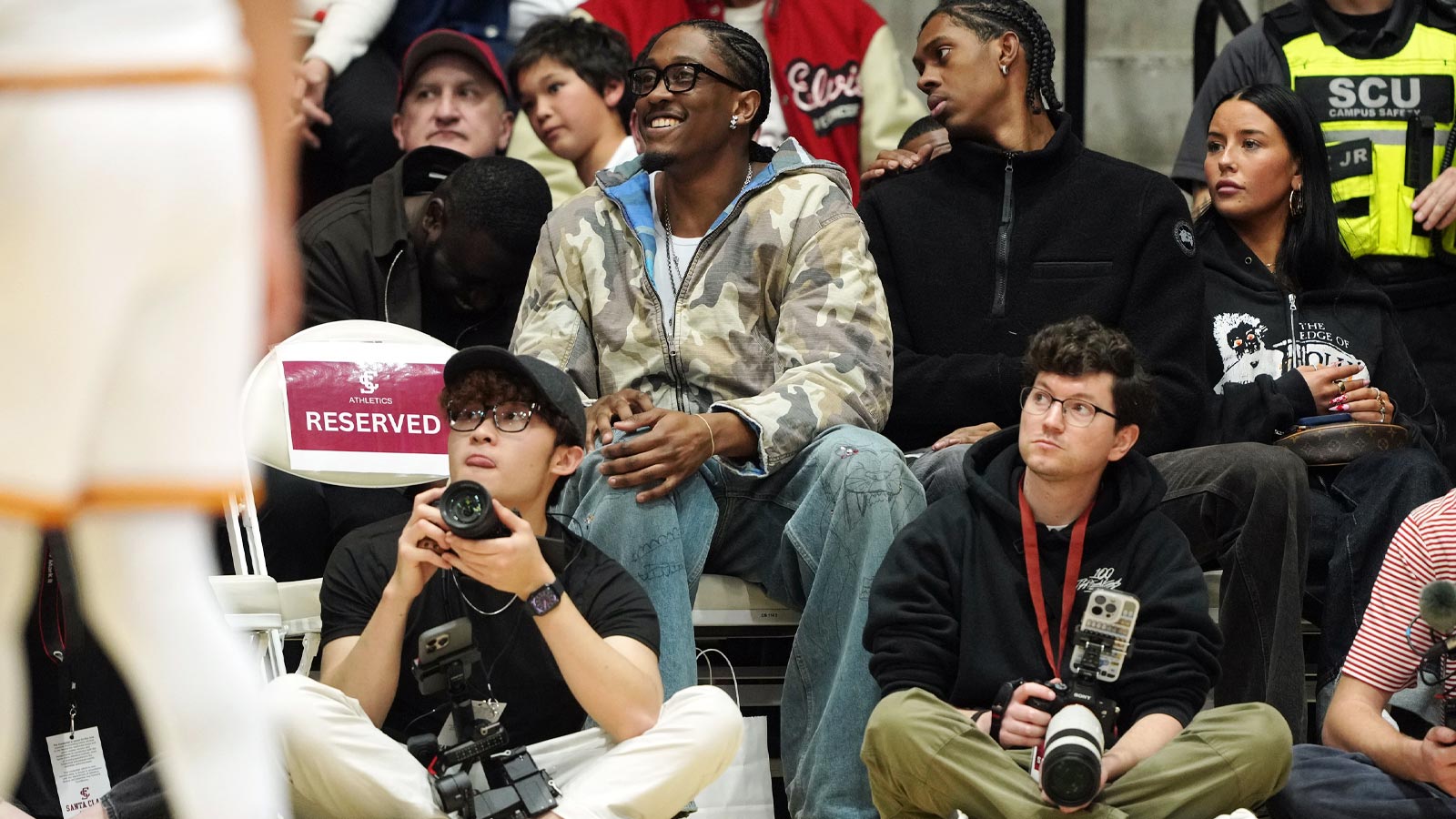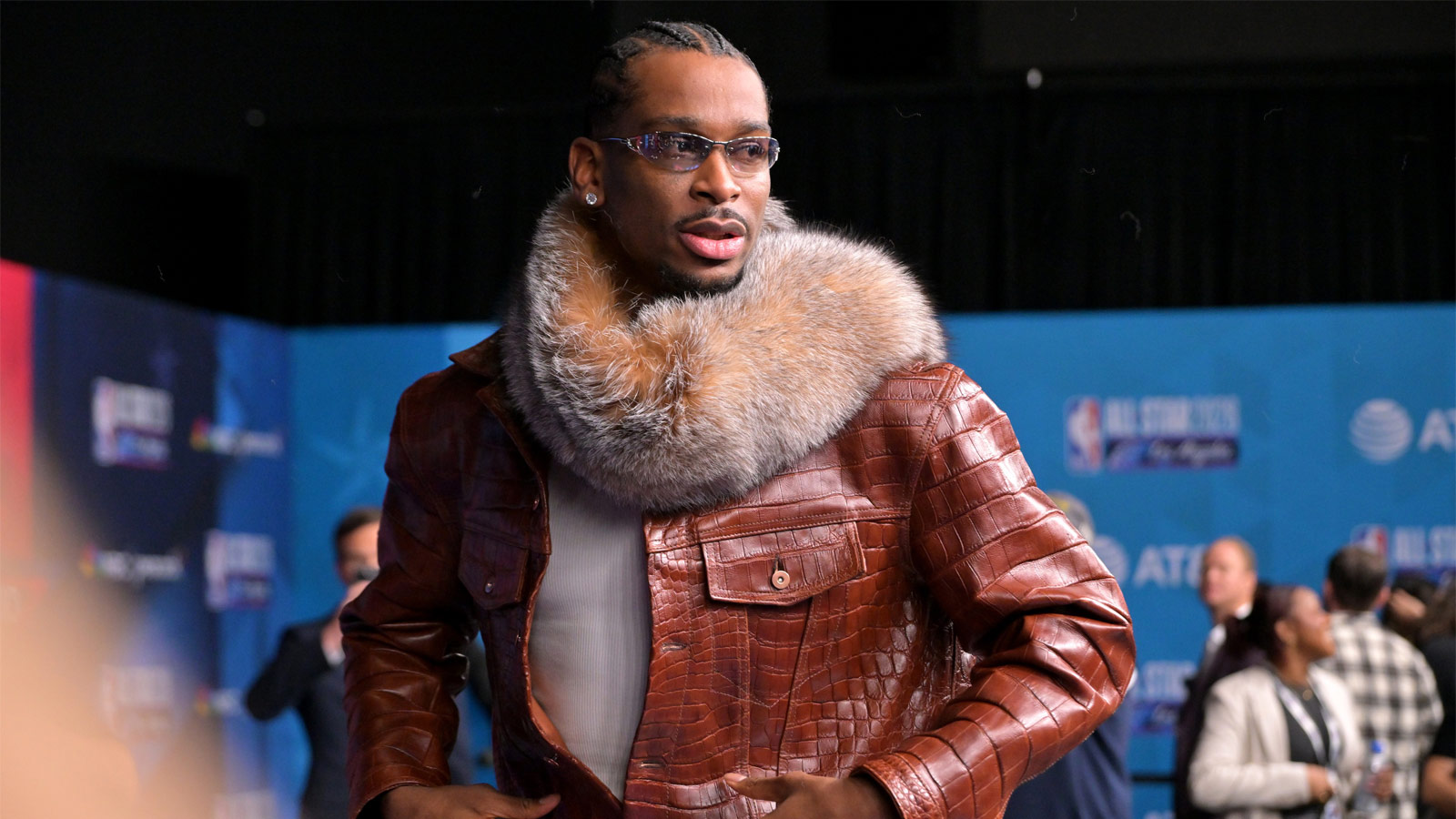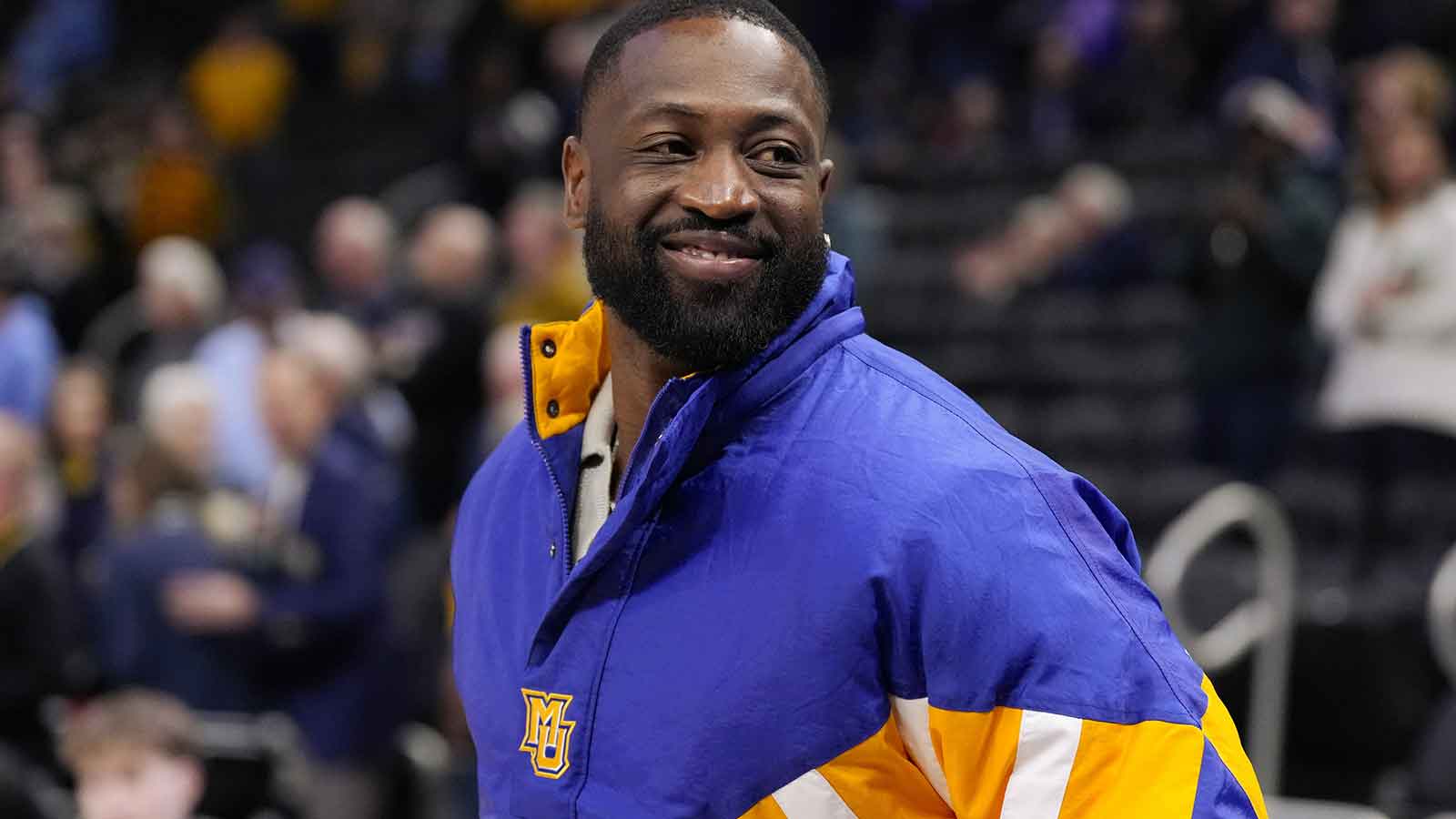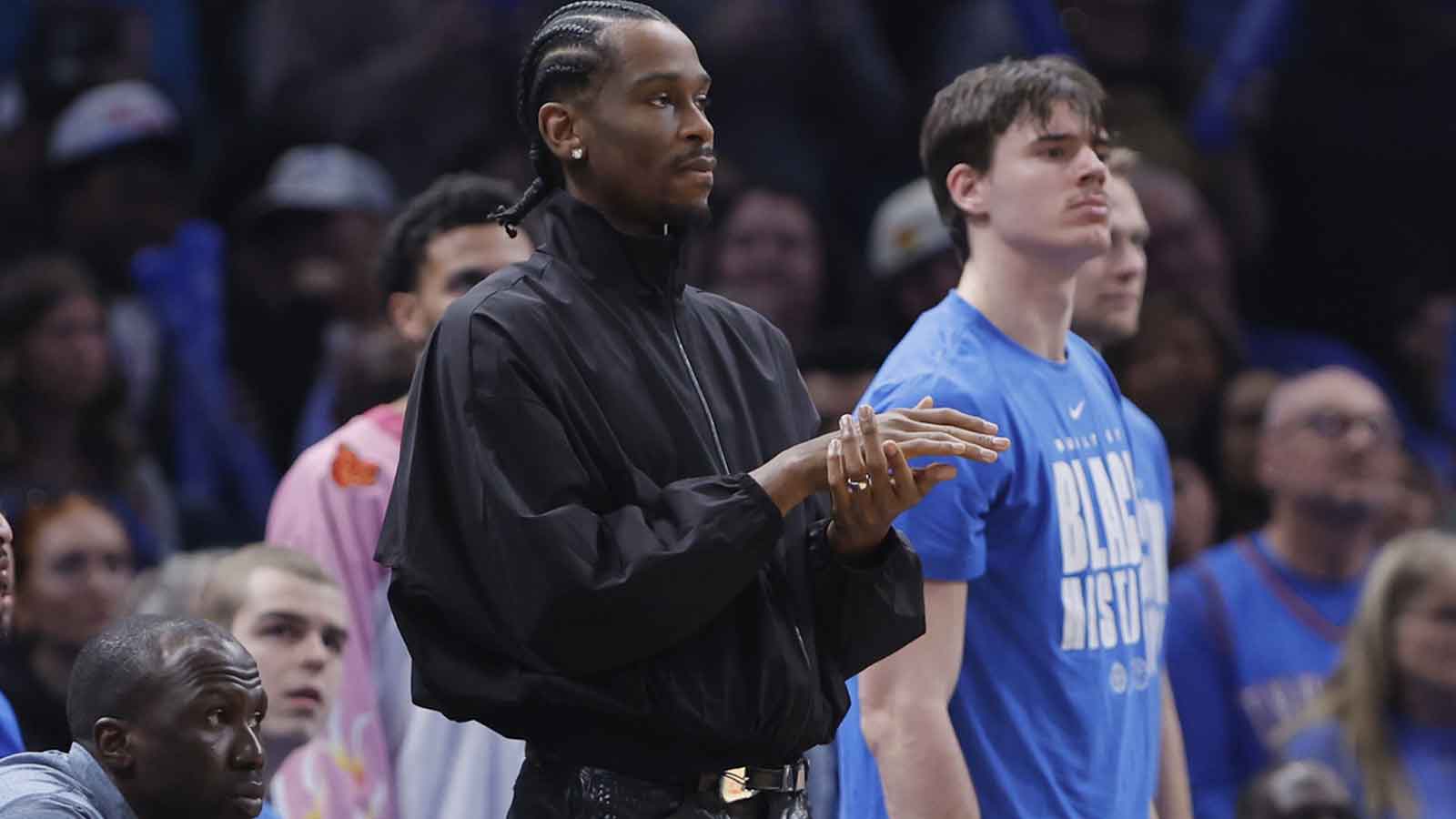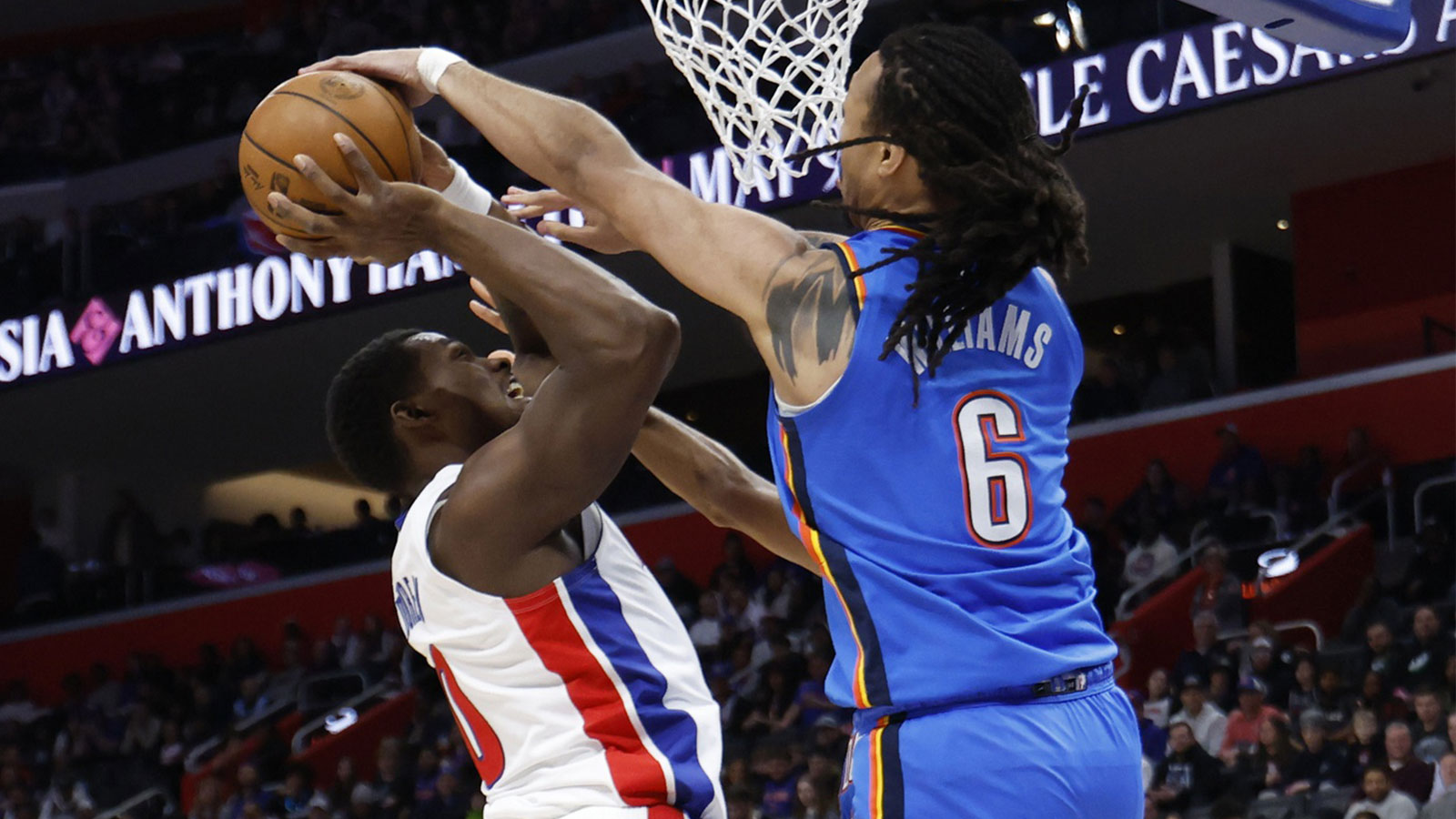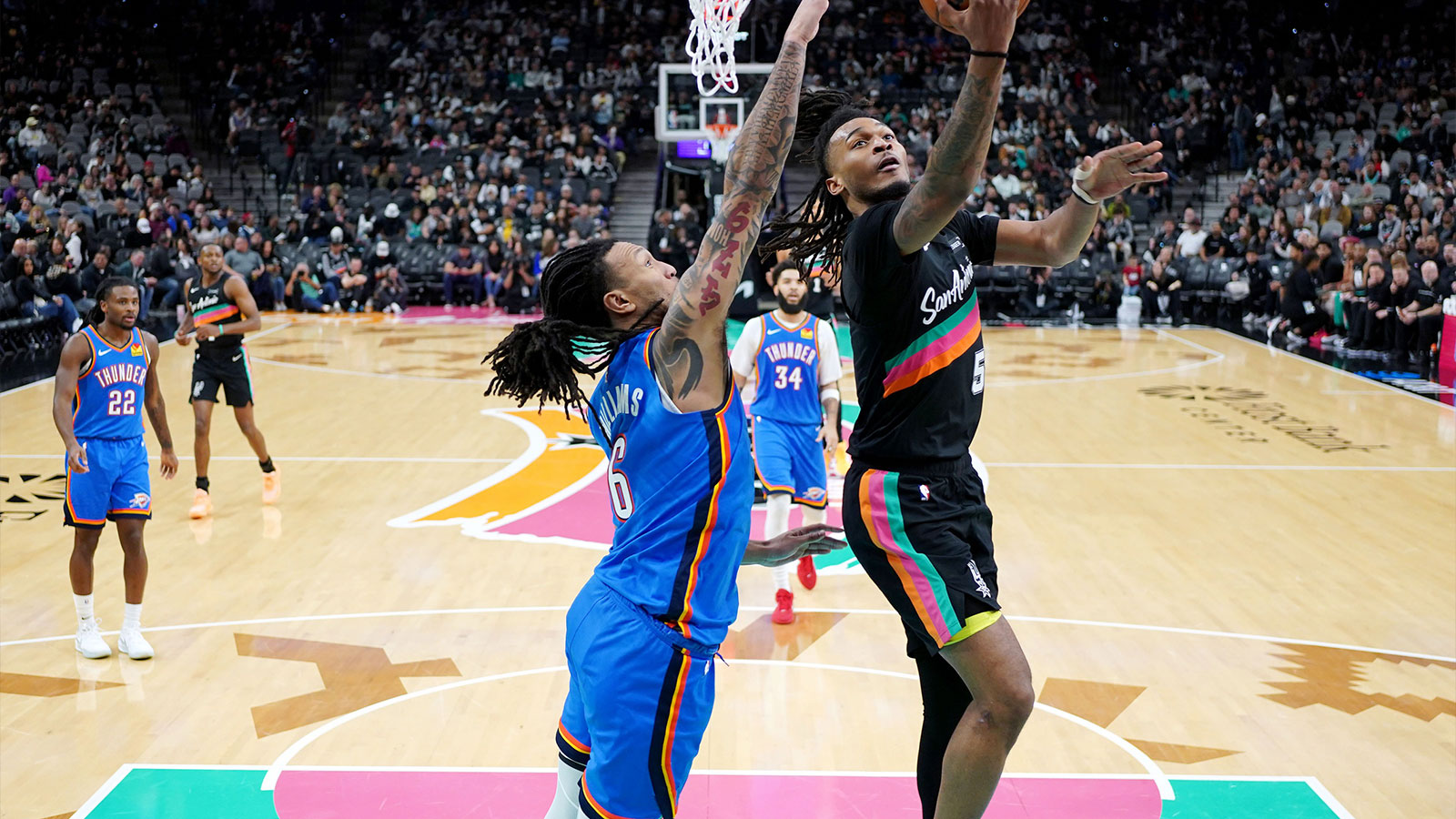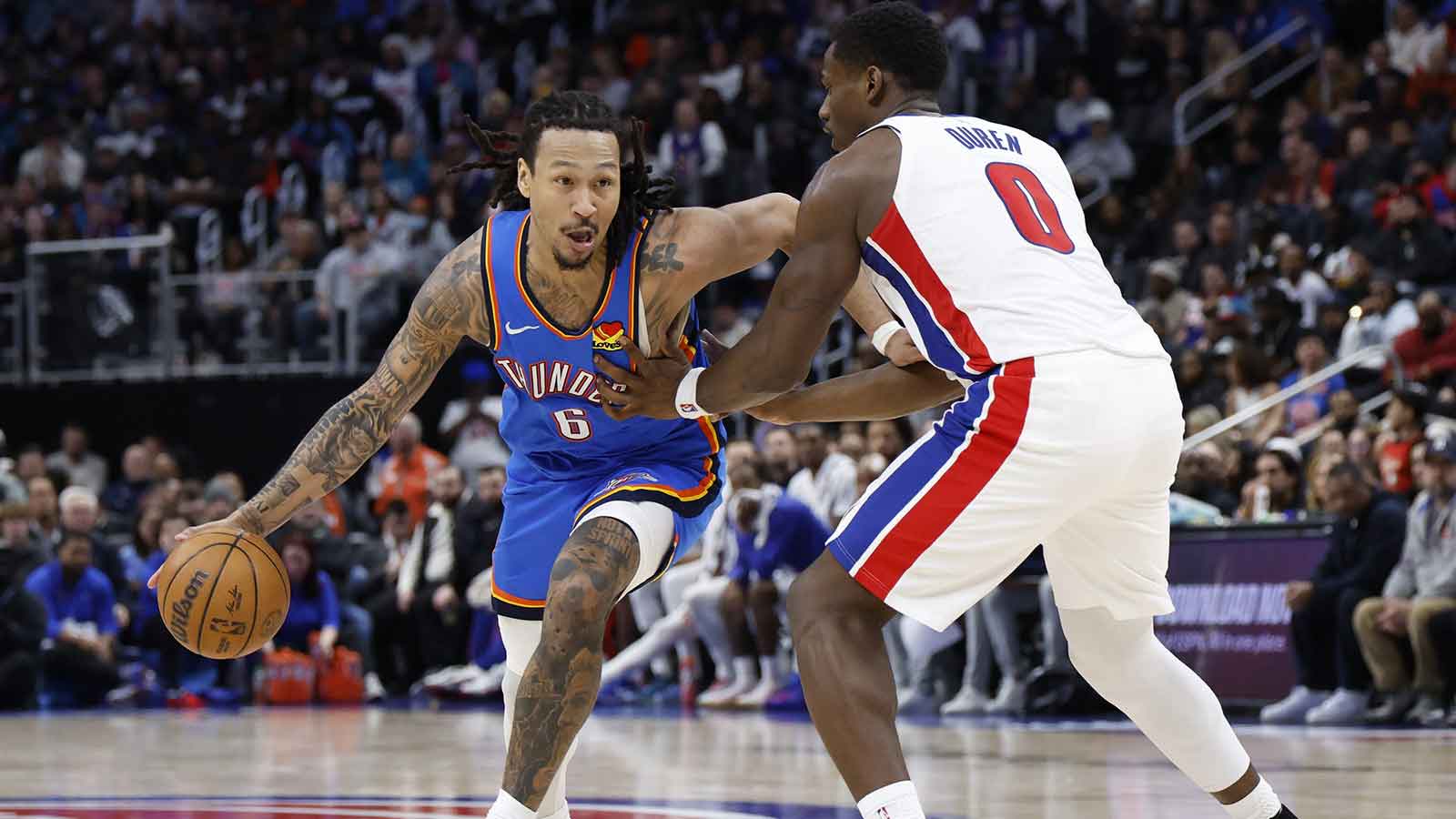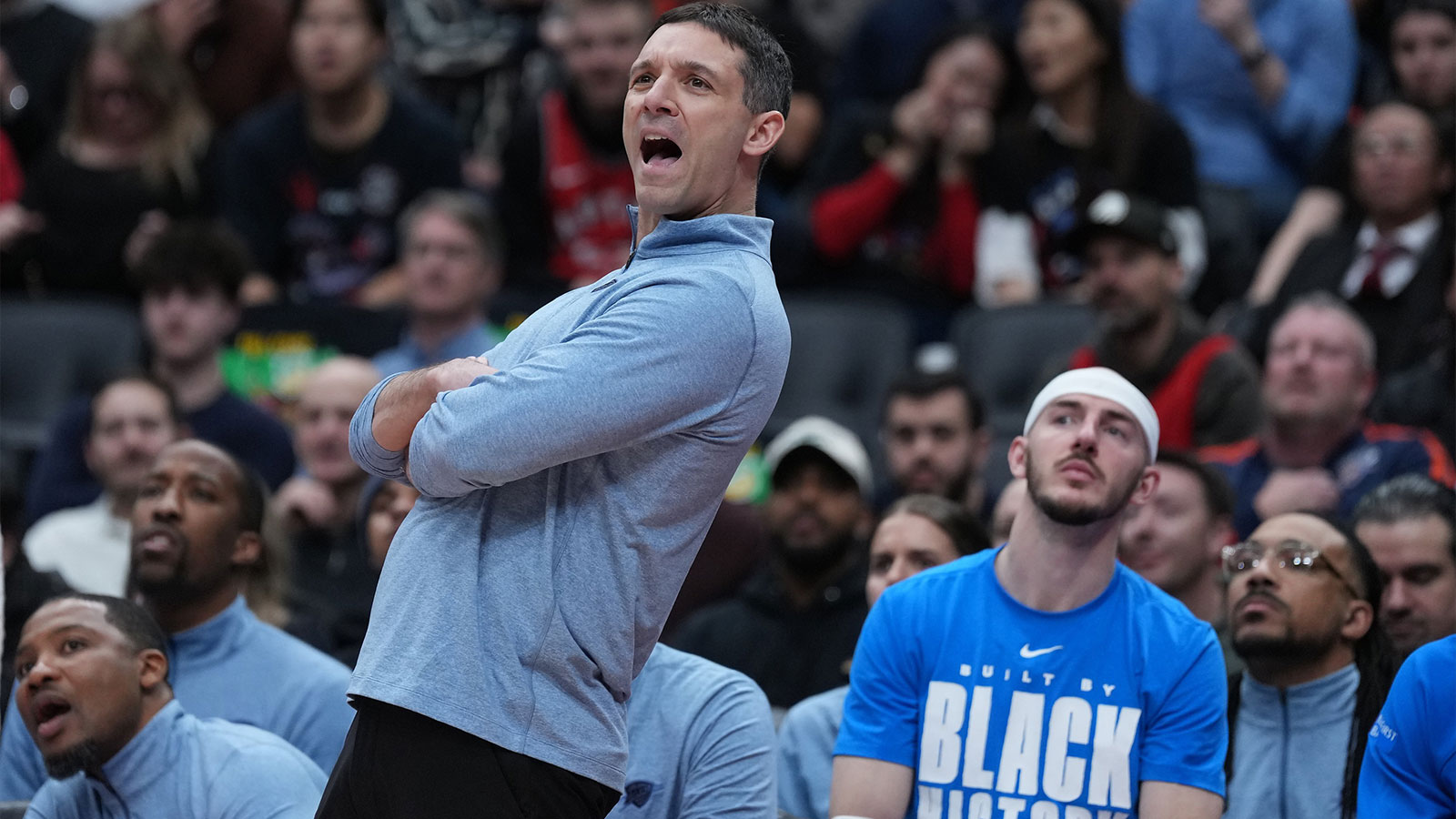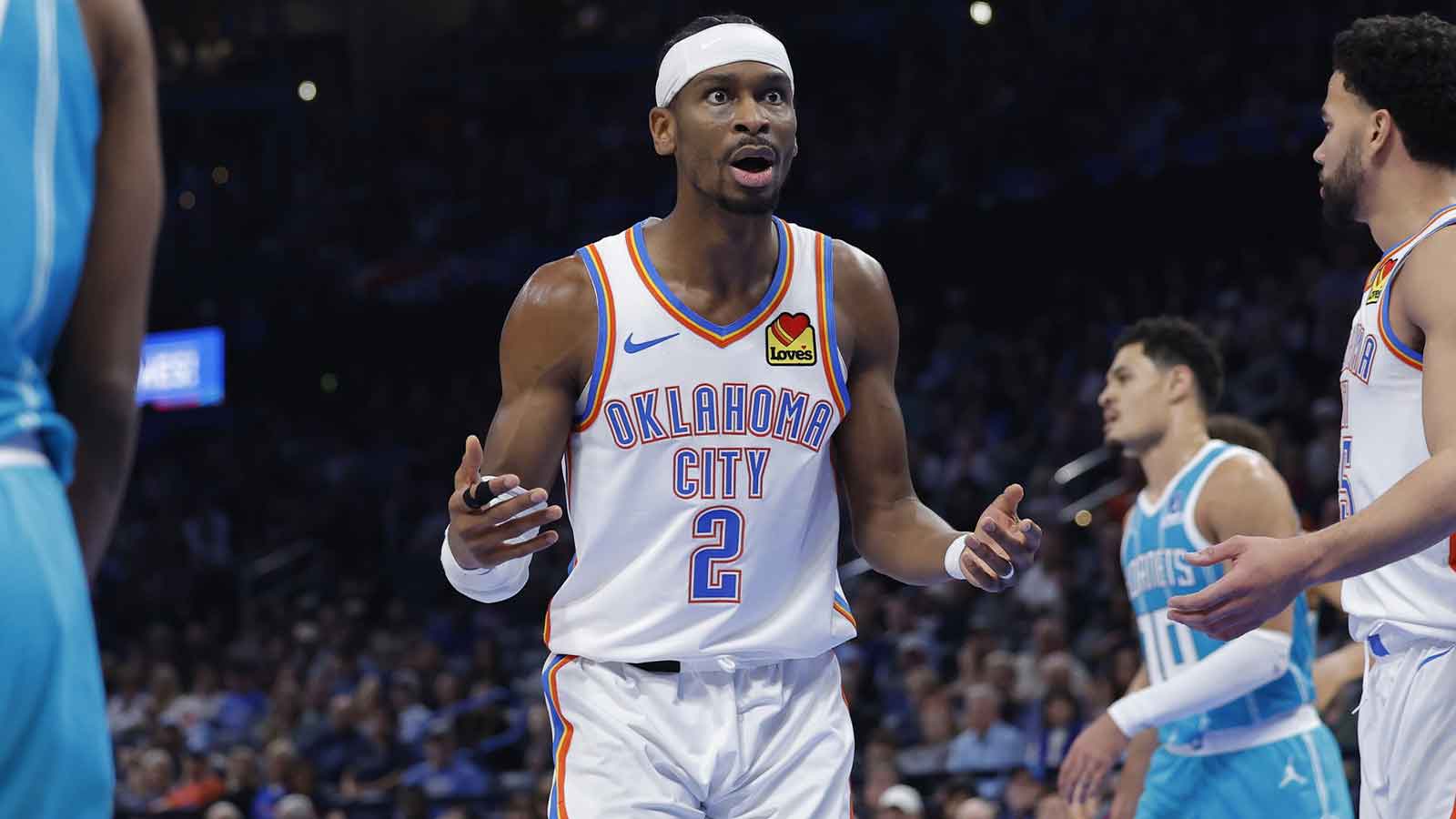The Oklahoma City Thunder entered Game 3 of the 2025 NBA Finals riding high, a 68-win juggernaut, the league’s MVP in Shai Gilgeous-Alexander, and a reputation for poise and defensive grit. Yet, in the crucible of Gainbridge Fieldhouse, the Thunder unraveled, falling 116-107 to the Indiana Pacers. The loss puts OKC in a 2-1 series hole and, more alarmingly, exposed cracks in their championship armor.
This wasn’t just a defeat. It was a collective breakdown, with blame to be shared across the roster and coaching staff. Here’s who shoulders the most responsibility for the Thunder’s pivotal Game 3 collapse.
The Indiana Pacers odds of becoming NBA Champions at the start of the Playoffs were 80-1.
They are now 2-1 up on the Thunder in the Finals. 😳
Can they do it? 👀
via @bradbotkincbs pic.twitter.com/VMikJhfBkU
— NBA Retweet (@RTNBA) June 12, 2025
Fourth-Quarter Meltdown: Where It All Went Wrong
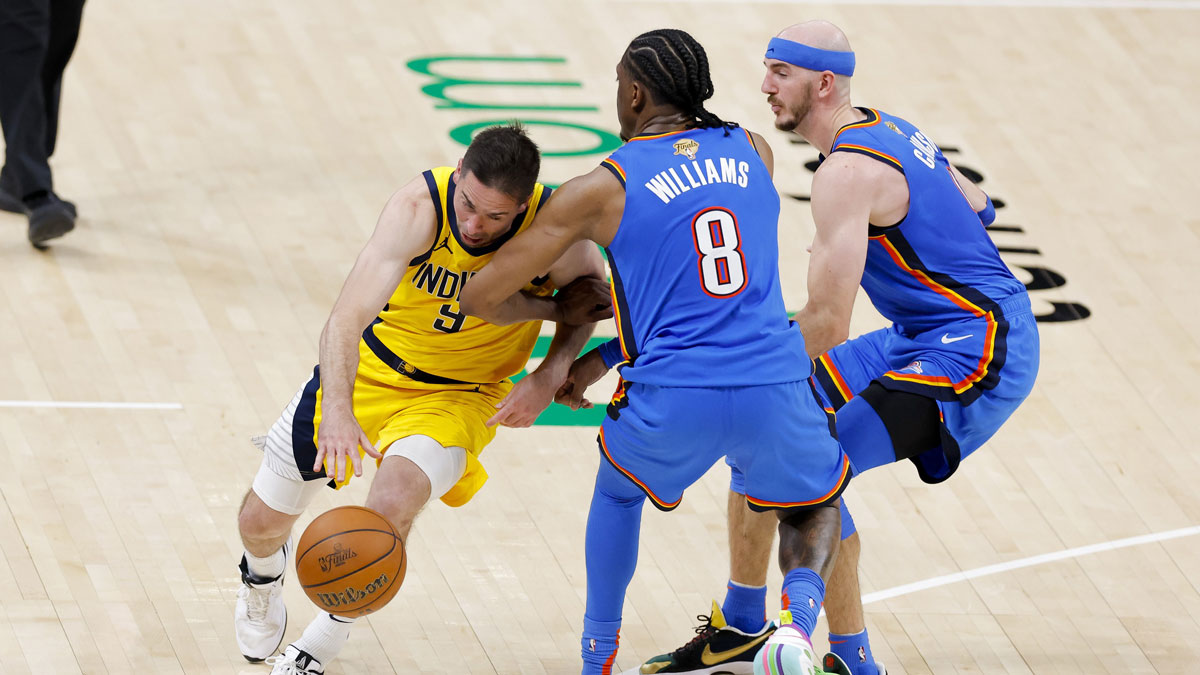
Oklahoma City led by five entering the fourth quarter, only to be outscored 32-18 in the final 12 minutes—a staggering turnaround that flipped the series on its head. The Thunder missed nine of their last ten field goal attempts and committed a string of unforced errors as the Pacers’ defense tightened the screws.
“We just had a lot of unforced errors. They capitalized on them because they're a good team,” said Jalen Williams, summing up the Thunder’s self-inflicted wounds.
If one stat defines Game 3, it’s turnovers. The Thunder coughed up the ball 19 times, their highest mark of the postseason and just one shy of their season high. These weren’t just forced by Indiana’s pressure—several were careless, including multiple inbounds passes that Pacers guard T.J. McConnell turned into instant points.
T.J. DID IT AGAIN!!!
HIS 5th STEAL AND THE BUCKET TO TIE IT 🤯
Thunder (1-1) Pacers going down to the wire on ABC 👀 pic.twitter.com/Z8RXXqmLjI
— NBA (@NBA) June 12, 2025
One sequence late in the game encapsulated the disaster: after failing to secure a defensive rebound, Alex Caruso’s hurried inbound pass was stolen by McConnell, tying the game and shattering OKC’s composure. These mistakes fueled a Pacers run that the Thunder never recovered from.
The Thunder's Bench Was Outclassed and Outworked
The Thunder’s bench, a strength in Game 2, was thoroughly outplayed. Indiana’s reserves, led by Bennedict Mathurin (27 points) and T.J. McConnell (10 points, 5 steals), outscored OKC’s bench 49-18. The energy, hustle, and execution from Indiana’s second unit not only erased deficits but demoralized the Thunder’s rotation.
Mark Daigneault’s decision-making also came under scrutiny. Rotational choices, like sticking with Isaiah Joe against a small-ball Pacers lineup, were promptly exploited, further tilting the bench battle in Indiana’s favor.
Shai Gilgeous-Alexander, the league MVP, finished with 24 points but was a non-factor in the fourth quarter, limited to just one field goal attempt as the Pacers’ defense swarmed him. Pascal Siakam and Myles Turner took turns making life difficult for SGA, forcing him into tough shots and cutting off his driving lanes.
While SGA’s overall stat line was respectable, his inability to take over late, combined with a lack of ball movement (only one Thunder player recorded an assist in the fourth), proved costly.
Mark Daigneault’s Tough Night on the Sidelines
Thunder head coach Mark Daigneault has been lauded for his poise and tactical acumen, but Game 3 was not his finest hour. The team’s lack of composure under pressure, questionable substitutions, and failure to adjust to Indiana’s defensive intensity all contributed to the unraveling.
Mark Daigneault: “They really outplayed us in the 4th quarter. Give them credit.” pic.twitter.com/SG4tsUIoxl
— Clemente Almanza (@CAlmanza1007) June 12, 2025
Daigneault himself admitted, “They outplayed us for the majority of the game,” and pointed to the uncharacteristic nature of the Thunder’s mistakes. But in the Finals, there’s little margin for error, and the Thunder’s inexperience, despite their talent, was glaring.
Beyond the stats, the Thunder simply failed to execute in key moments. Missed free throws, rushed possessions, and mental lapses, like the inbound turnovers, added up. The Pacers, by contrast, were relentless, winning the “clutch” moments and seizing every opportunity.
Who’s Most to Blame?
The blame for the Thunder’s Game 3 loss falls on several fronts. The bench was thoroughly outscored and out-hustled, with their lack of production shifting the momentum in Indiana’s favor. Turnovers plagued the entire team, but the primary ballhandlers in particular must take responsibility for the careless mistakes that proved costly.
Coaching decisions also played a significant role, as Mark Daigneault’s rotations and his inability to halt Indiana’s fourth-quarter surge contributed to the defeat. Finally, when the game slowed down in crunch time, Shai Gilgeous-Alexander and the Thunder’s stars were unable to deliver, missing key opportunities to change the outcome.
Game 3 was a gut punch, but not a fatal blow. For the Thunder, the margin for error is gone, and the blame for this loss is both collective and instructive. The response in Game 4 will define their legacy.

